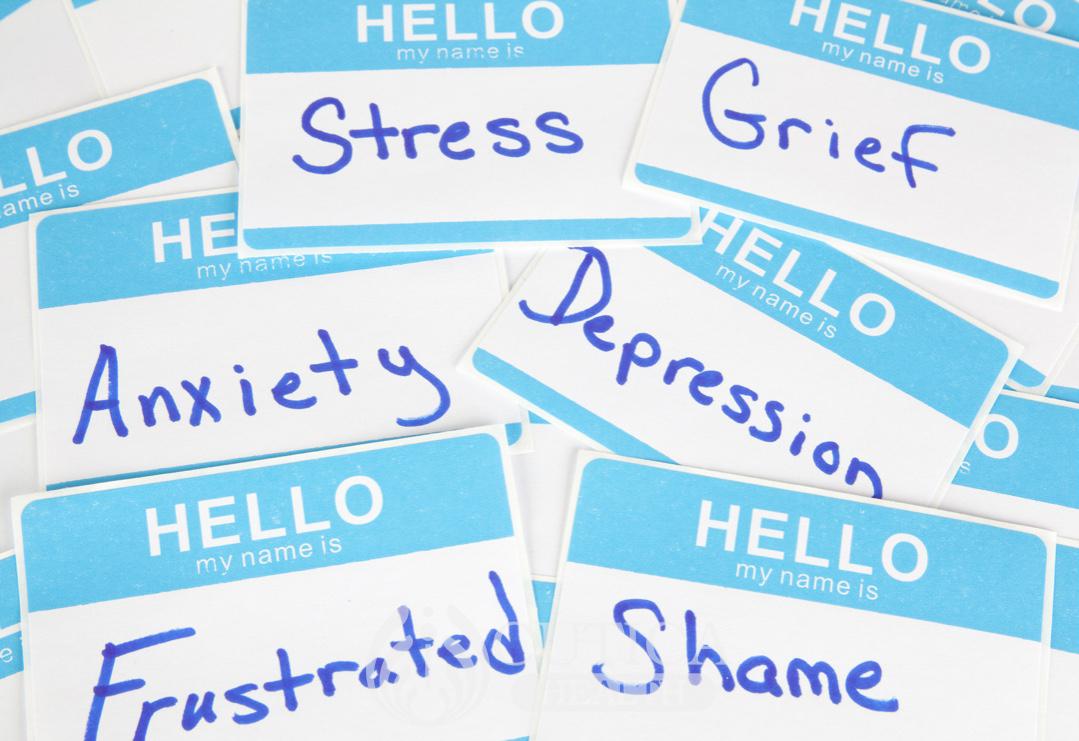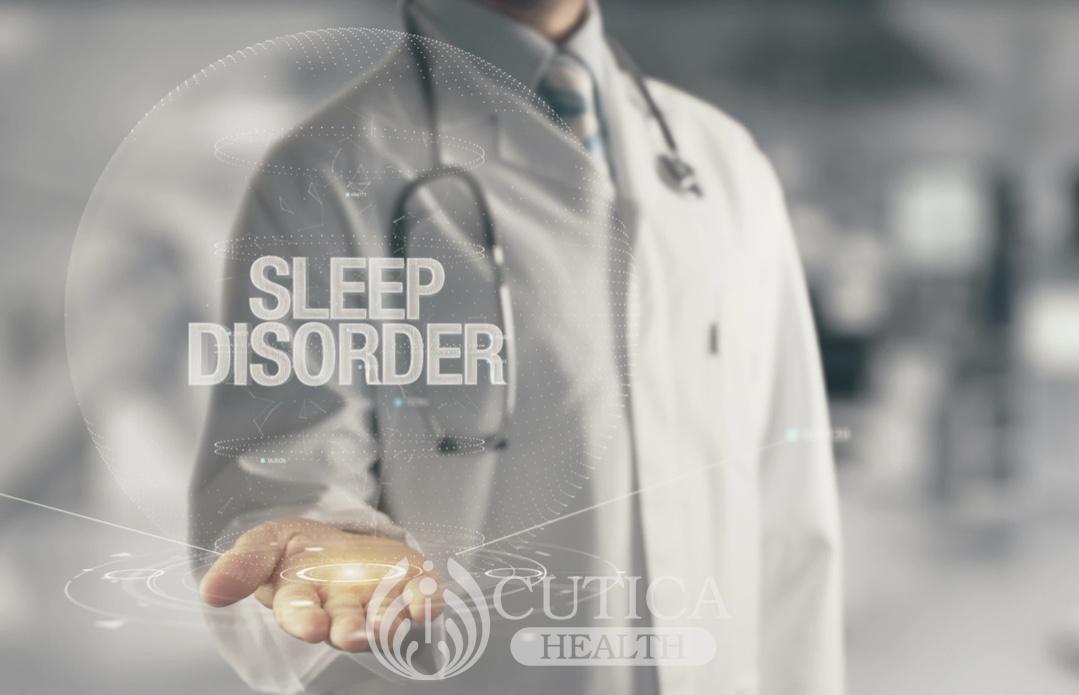
After childbirth, it is expected that mothers are overwhelmed with immense joy as they welcome their newborn. But this is not always so; some women could delve into a rollercoaster of emotions that may take them months or even years to recover from. Common mental health problems during the postpartum period include:

Postpartum Blues
Postpartum blues or “baby blues” are one of the most common mood disturbances women experience after birth. Postpartum blues come with very mild symptoms, and almost every woman experiences them after childbirth.
Common symptoms include transient feelings of sadness, tearfulness, or irritability. Typically, these symptoms could last only a couple of hours or a few days, and resolve on their own after a week or two.
Postpartum blues do not require a visit to your doctor. Just en sure you have a strong support of family and friends helping you cope with the stress that comes with childbirth.
Postpartum Depression
Some doctors say when postpartum blues comes with inadequate support, the affected mother could spiral into depression. Postpartum depression is one of the commonest mental health problems after childbirth, and it poses great danger to the mother and her baby.
Symptoms of postpartum depression include persistently low mood, loss of interest in usual activities and in caring for the baby, feelings of worthlessness and incompetence, sleep disturbance, and suicidal thoughts. If you had a previous history of depression or a previous history of postpartum depression, you may be at risk of it.
If you notice any of these symptoms, it is best to schedule a visit to your doctor. Your doctor may start you on medications or therapy to help you deal with the depressive thoughts.

Postpartum Anxiety
While after birth, everyone truly gets anxious. Everyone wants to make sure your baby is healthy and you are recovering well. However, there is such a thing as too much concern: this is called postpartum anxiety.
Do you find yourself waking up several times at night to go check on your baby? Do you find yourself unable to leave your baby for a minute for fear he or she could stop breathing or could aspirate breast milk. While such concerns are normal once in a while, that much is too much.
Check with your doctor to help you deconstruct these thoughts. You may need anti-anxiety medications or commence therapy to modify your thoughts and emotions.
Postpartum Psychosis
Postpartum psychosis is regarded as a medical emergency because it places the mother and her baby in great danger.
Postpartum psychosis comes with irrational thoughts toward or about the newborn. Some mothers have had thoughts that their newborn are demonic or were sent to the world to harm them. Others say they hear voices telling them to harm the baby. These thoughts are irrational and unreal, and pose grave danger to the baby and the mother.
Treatment for postpartum psychosis includes anti-psychotic medications as well as therapy to help you deal with these thoughts

Mental health problems after childbirth are largely underestimated, and most women are at their most vulnerable at this time. Untreated, mental health problems in the postnatal period could lead to severe complications for both mother and her baby.












